Post-Roe, Pregnant People Will Become Suspects
\201cWe anticipate a very dramatic increase in the rate of criminalization of all pregnancy outcomes.\201d
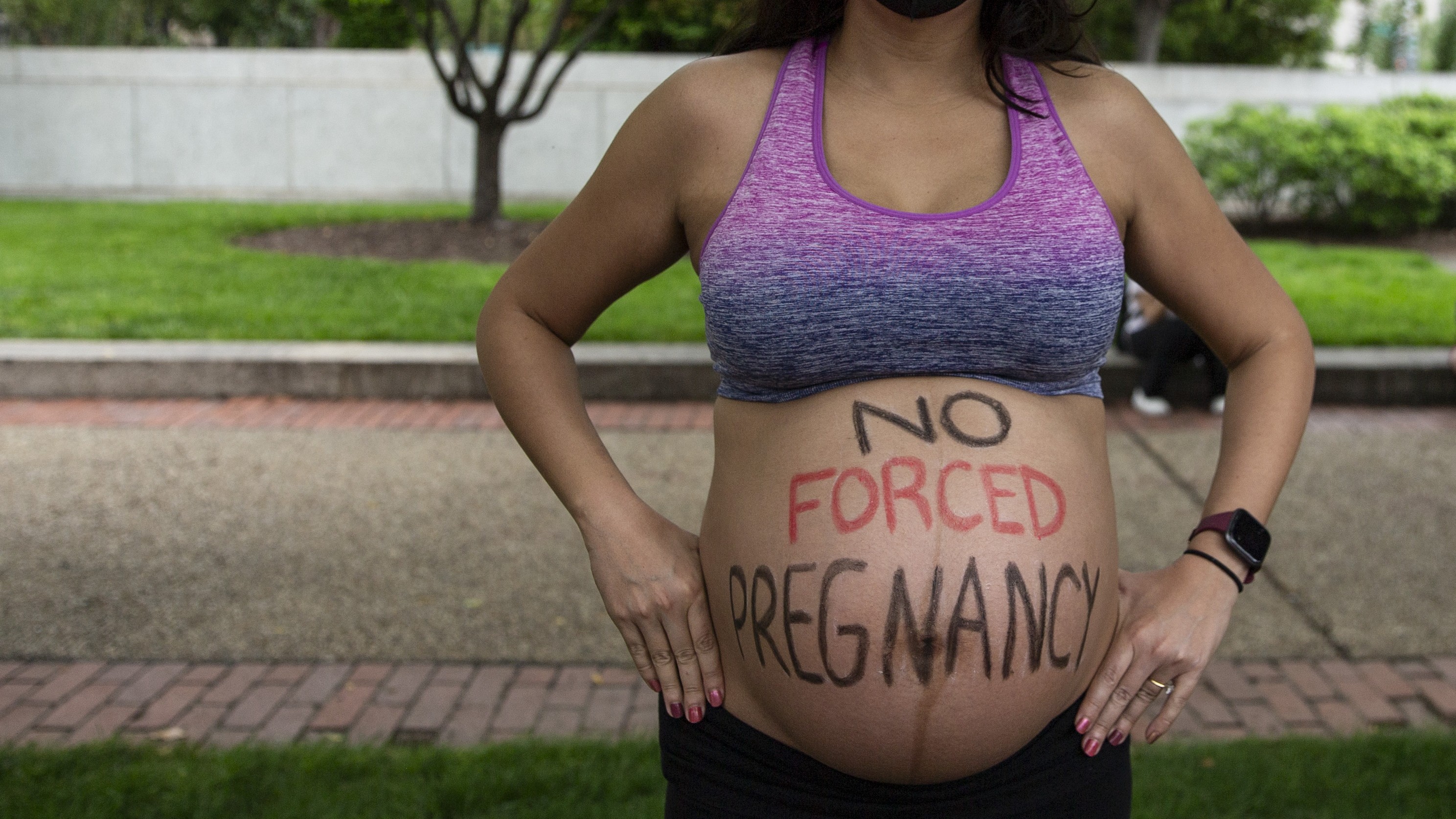

Purvi Patel was hemorrhaging when she sought medical treatment at St. Joseph’s Regional Medical Center in Mishawaka, Indiana in July 2013. She underwent emergency surgery to remove her placenta. While she initially denied having been pregnant, Patel eventually told medical staff that she’d suffered a pregnancy loss and had placed the stillborn fetus in a dumpster. Doctors called the police, who interrogated Patel while she was recovering in her hospital bed. When they searched her text messages, they saw a message Patel had sent a friend, saying she’d ordered medication abortion pills from an online pharmacy.
Patel was later arrested and convicted of feticide and child neglect, and sentenced to 20 years in prison. In 2016, the Indiana court of appeals overturned her feticide conviction and she was released.
“Being accused of having a living child and abandoning it, while at the same time, being accused of killing a fetus—those are two contradictory charges,” says Sara Ainsworth, an attorney who wrote a friend-of-the-court brief for Patel’s appeal. “But juries often convict because of abortion stigma.”
Reproductive justice attorneys like Ainsworth are worried that the U.S. is about to see an increase in pregnancy criminalization cases like Patel’s following the June 24 Supreme Court ruling overturning Roe v. Wade. That’s not to say it hasn’t been happening already. Since Roe was decided in 1973, the National Advocates for Pregnant Women (NAPW) documented more than 1,700 instances across the U.S. in which people were criminalized for their pregnancy status or outcomes. Thirteen-hundred of these cases occurred between 2006 and 2020. The people subject to these prosecutions are disproportionately people of color and the majority of them are low-income.
It becomes a trauma when law enforcement is involved. Having an obstetrical emergency is hard enough as it is.
Farah Diaz-Tello
Discussing Patel’s win on appeal, Ainsworth says: “The court held that that law was never intended to be used against somebody who ended their own pregnancy or anyone at all in relation to their own pregnancy.” The 2009 Indiana law was actually passed in response to a pregnant woman who was shot and subsequently lost her twins. “I fear that we will continue to see laws misused in that way,” she adds.
Ainsworth asserts that Patel’s case is a typical scenario in which a patient sought medical care and then hospital providers violated her medical privacy rights under HIPAA by contacting law enforcement. “It’s not uncommon to see bedside interrogations happening,” says Ainsworth.
Farah Diaz-Tello, who also helped work on Patel’s defense, says that one of the primary pathways to criminalization is when a pregnant person accesses healthcare services. She says “providers may wrongly believe” they need to report a suspected abortion, or they may have political motivations. “The OB-GYN who treated [Patel] was a very vocal anti-abortion advocate,” she says. Diaz-Tello thinks about people’s experiences of loss and how that is marred. “It becomes a trauma when law enforcement is involved,” she says. “Having an obstetrical emergency is hard enough as it is.”
Stay In The Know
Get exclusive access to fashion and beauty trends, hot-off-the-press celebrity news, and more.
The attorney recalls a client she worked with who miscarried a wanted pregnancy at home. Afterward, she spoke with her doctor’s office about what to do with the fetal remains. Ultimately, she decided to save them so she could cremate them. But when her husband called the coroner, he was asked for a death certificate. He said he didn’t have one, and was told to call the police, who then rushed to their house to investigate. The incident was eventually resolved, but only after inflicting compounded trauma on the grieving couple.
“If pregnancy criminalization is allowed to proliferate, the criminal legal system will sweep up into its net not only those actively intending to end a pregnancy, but those suffering pregnancy loss,” says Jill Adams, executive director of If/When/How, a national legal organization that serves the reproductive justice community. In addition to training attorneys in pregnancy criminalization defense, If/When/How offers patient-facing services including a free, confidential Repro Legal Helpline providing legal advice and support and a Repro Legal Defense Fund to help with bail and legal fees.
Adams calls the difference between a self-managed abortion and a miscarriage a “thin, porous line” since, medically, the two present the same and, thus, have the same standard of care. Medication abortion pills don’t show up in a toxicology screen. Adams stresses that although sometimes people conflate the two, and often the same pills are used, a medication abortion is different from a self-managed abortion because in the former, a licensed medical professional is involved. When someone is self-sourcing or community-sourcing, they may encounter legal risk.
“Overzealous prosecutors hell-bent on punishing someone they suspect has ended a pregnancy will use whatever part of the criminal code they can make stick,” declares Adams. “There are a wide range of laws misapplied, from homicide, feticide, to drug possesion to child abuse to abuse of a corpse.”
Adams explains that on appeal, judges usually look at the law’s intent and overturn the convictions. But that doesn’t mean damage hasn’t already occurred. Beyond abortion, criminalization carries its own stigma in our society. “They may have lost their jobs, they may have lost their liberty, lost their parenting rights,” says Adams.
People who are experiencing intended, wanted pregnancies and lose them have been—and may be more often—accused of doing something to end them and charged with crimes.
Sara Ainsworth
Ainsworth similarly recounts seeing people experience “severe harm” from these prosecutions, even when they are appealed. “Your life has been completely upended, your mugshot’s in the paper and all over the Internet.”
“It’s a horrific experience and it’s a horrific misuse of a criminal legal system to prosecute somebody for their pregnancy outcomes and that’s true whether or not the person decided to end their own pregnancy or whether they suffered a miscarriage or a stillbirth,” says Ainsworth. The stigma itself creates a rise in prosecutions, she adds, because everyone involved—police, prosecutors, child welfare systems—bring their own personal biases.
“Essentially what [stigma] does is put heightened suspicions on anybody whose pregnancy outcome is not a healthy baby. People who are experiencing intended, wanted pregnancies and lose them have been—and may be more often—accused of doing something to end them and charged with crimes. And the people targeted are disproportionately people of color and disproportionately immigrants.”
Brittney Poolaw, a member of the Wichita nation, was 19 when she suffered a miscarriage at 17 weeks pregnant. She sought treatment at an Oklahoma hospital where, according to a police affidavit, she admitted to medical staff that she’d used both methamphetamine and marijuana. The medical examiner noted several contributing factors to the cause of death, including congenital abnormality, placental abruption, and maternal methamphetamine use. Poolaw was arrested for manslaughter, found guilty by a jury, and sentenced to four years in prison.
Poolaw is still currently serving her sentence. Emma Roth, a staff attorney at NAPW, says many women in similar circumstances choose to serve time rather than risk the uncertainty of an appeal, which could lead to a longer sentence.
Latice Fisher, a Mississippi woman who faced allegations related to self-managed abortion in 2017, is one of the defendants NAPW has represented. “She similarly suffered a tragic stillbirth, yet police relied on the fact that she had conducted an internet search for abortion medication to subject her to criminal proseuction for second-degree murder,” says Roth, adding that now that Roe has been overturned, “We anticipate a very dramatic increase in the rate of criminalization of all pregnancy outcomes.”
NAPW reports that 38 states have fetal protection laws recognizing the fetus as a legal victim. Prosecutors in some of these states have used those laws to charge pregnant people who either experience loss or give birth to a baby believed to have been subjected to harm in utero. Alabama and Oklahoma are two states where pregnant people are often criminalized for substance use during pregnancy.
One Arizona woman who had a medical marijuana license and was told by a doctor she could use marijuana while pregnant to treat her pregnancy-related nausea was charged with felony child neglect when her newborn tested positive for THC. Recently, in California, women like Adora Perez and Chelsea Becker were prosecuted and imprisoned for delivering stillborn babies; their charges were later dismissed. A 2019 study on race and child welfare found that pregnant Black women are more likely to be drug tested by medical staff and reported to child welfare authorities, even though Black and white pregnant women use drugs at approximately the same rate in the U.S.
As Dorothy Roberts writes in her book “Killing the Black Body,” as more anti-abortion advocates portray the fetus as an independent person, “the fetus acquired more and more legal rights of its own, often against the pregnant woman carrying it.” She likens this to when a pregnant enslaved woman’s body was “subject to legal fiat centuries ago because the fetus she was carrying already belonged to her master.”
It’s not just reproductive rights advocates who are worried about what this increased criminalization will mean. Doctors and medical boards are concerned that pregnant people will be hesitant to seek medical care, for fear of prosecution. The results could be fatal.
Louisiana is just one state where arguments about pregnancy criminalization are playing out.
As an attorney, Louisiana state representative Mandie Landry has represented women seeking abortions. This past legislative session she introduced a bill intended to prevent pregnancy criminalization. “People are going to start being afraid to show up to the hospital or the ER for fear of being arrested,” Landry said when she presented the bill to the house committee in April. “We don’t want a woman to stay home and bleed out, we want her to go to the doctor, we want her to get help.”
Emergency medicine physician Nina Breakstone testified in support of the bill. “I don’t think the general public understands how many women experience complications in pregnancy,” said Breakstone. She stated that at her small community hospital outside of New Orleans she sees “two of these patients a shift.”
People are going to start being afraid to show up to the hospital or the ER for fear of being arrested.
Mandie Landry
“I just want to emphasize how important it is that timely care happens for these people. I have seen terrible, terrible, terrible things happen to women and babies. I saw one woman die in front of me because she ruptured her uterus at home. I have seen ectopic pregnancies that resulted in hemorrhage.” Breakstone emphatically said, “I want this bill to pass because I want to protect my patients and I want them to come in as quickly as possible if they think something is wrong. This will save lives.”
The conversation quickly devolved into a debate about “fear-mongering” and abortion. Rep. Danny McCormick said he was concerned this would be “used to legitimize abortion in the future.” Landry replied to the objections by stating how important it was that this bill be passed before Roe was overturned and Louisiana’s trigger bans go into effect. Her voice filled with emotion she said, “This is probably the most important bill I’ve filed.”
The bill did not make it out of committee. McCormick, one of the members expressing his disapproval, authored his own legislation that would criminalize people seeking abortions, classifying abortion as homicide. While McCormick’s bill didn’t end up passing, new legislation enhancing criminal penalties for abortion providers and criminalizing the sale of abortion pills to Louisiana residents by mail was signed into law by Democratic Gov. John Bel Edwards in June. There are no exceptions for rape or incest.
However, Louisiana is one of the states whose trigger bans are temporarily blocked. [Editor's Note: The legality of abortion in Louisiana is rapidly changing as things play out in court. We will not be updating this piece with each ruling; please check nola.com for the most up-to-date information.] Last week, abortion providers filed a lawsuit declaring its multiple trigger bans “unconstiutionally vague.” A hearing has been set for today to discuss the lawsuit. Earlier this week, the state Supreme Court rejected the Louisiana attorney general’s request to immediately reinstate the abortion ban. On Tuesday, numerous Louisiana doctors filed sworn affidavits about the harm Louisiana’s trigger bans would cause. They talked about working under threat of prosecution and feeling like they have to choose between their patient’s health and their own liberty. New Orleans Health Director Jennifer Avegno wrote that oncologists don’t know if, under Louisiana law, they will have to “withhold potentially life-saving chemotherapy treatments when treating pregnant patients for fear they could be criminally charged.”
Ellie Schilling is one of the attorneys who filed the petition blocking the trigger bans from going into effect in Louisiana. “We have seen for years, baseless prosecutions of people for their pregnancy outcomes,” Schilling tells Marie Claire. “Unfortunately that’s only going to increase now that conservative politicians and some law enforcement officers are going to feel emboldened.”
There is a lot of fear and concern that general criminal statutes of “aiding and abetting” or conspiracy could be “weaponized against other people who are just trying to participate in this space and help their fellow neighbors,” says Schilling, co-founder of the women’s rights group Lift Louisiana. If that happens, Schilling says, there will be reproductive justice lawyers trained, mobilized and “ready to step in and defend people from baseless and harassing criminal investigations and charges.”
For now, abortion remains legal in Louisiana, but reproductive rights in that state and many others feel like they are hanging by a thread. Doctors remain confused, healthcare appointments may be canceled at a minute’s notice, pharmacies are sometimes rejecting prescriptions, and the reproductive justice community prepares for the dark times they foresee ahead.
A previous version of this article misidentified the author of "Killing the Black Body." We regret the error.
This article has been updated to reflect the fact that Brittney Poolaw is a member of Wichita nation, not Comanche nation.
Lorena O'Neil is a reporter and photojournalist based in New Orleans covering reproductive health, gender, culture, and politics. She has written for The Atlantic, Elle, Esquire, Jezebel, and NPR.
-
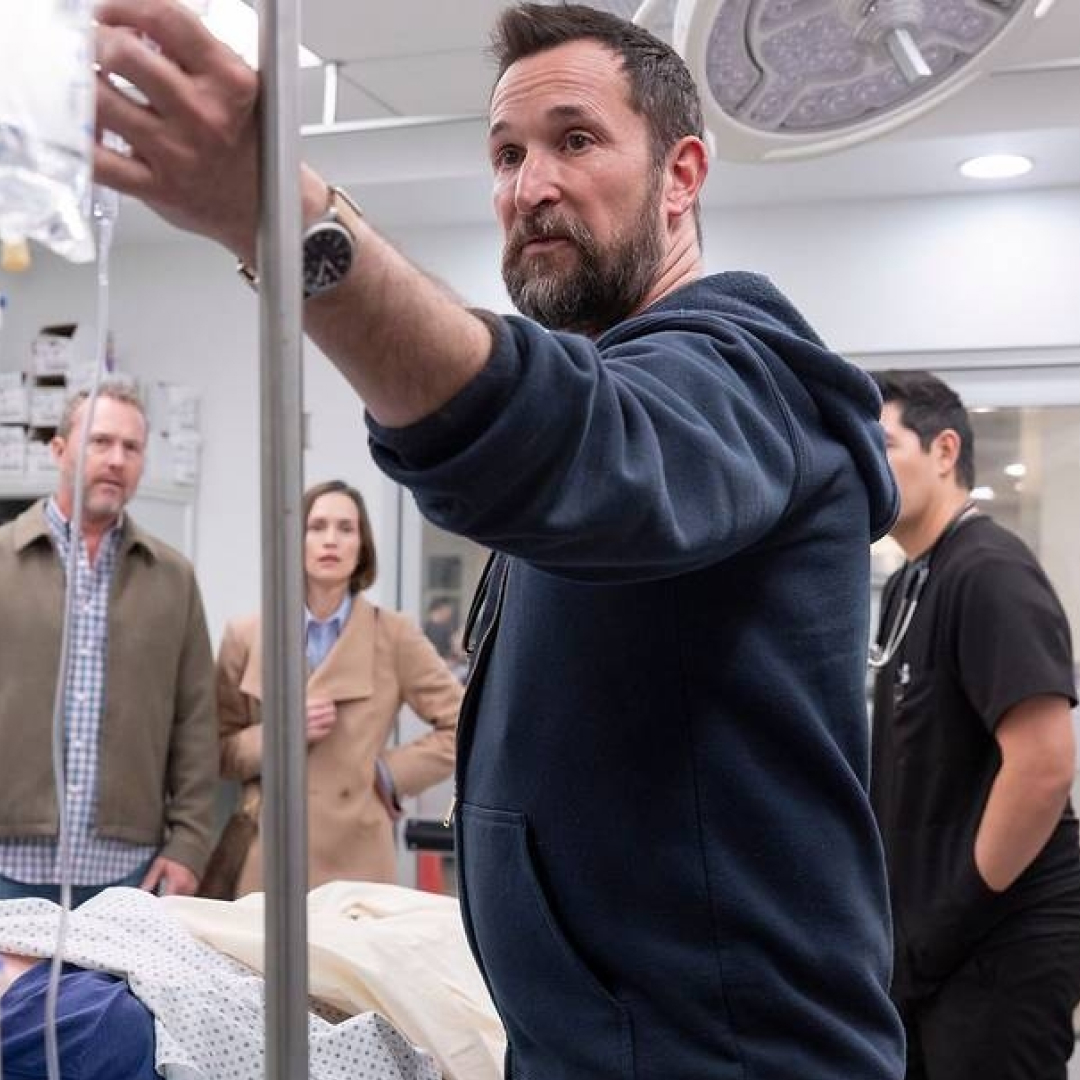 'The Pitt' Season 2 Is Already Confirmed—And It Won't Be Long Until We're Back in the Care of Dr. Robby and His Staff
'The Pitt' Season 2 Is Already Confirmed—And It Won't Be Long Until We're Back in the Care of Dr. Robby and His StaffHere's where the hit Max medical drama could go after its gripping finale.
By Radhika Menon Published
-
 Why Princess Charlene Has Been Granted a Special "Privilege" Queen Camilla and Other Royals are Banned From Doing
Why Princess Charlene Has Been Granted a Special "Privilege" Queen Camilla and Other Royals are Banned From DoingThe Monégasque princess is part of an elite group.
By Kristin Contino Published
-
 I Ended a 10-Year Relationship With My Drugstore Mascara for This Unbelievably Good Luxe Option
I Ended a 10-Year Relationship With My Drugstore Mascara for This Unbelievably Good Luxe OptionWait until you see the results.
By Siena Gagliano Published
-
 What's at Stake in the 2022 Midterm Elections
What's at Stake in the 2022 Midterm ElectionsWith abortion rights, democracy, and many more critical issues on the ballot, there’s no room for apathy this election cycle.
By Rachel Epstein Published
-
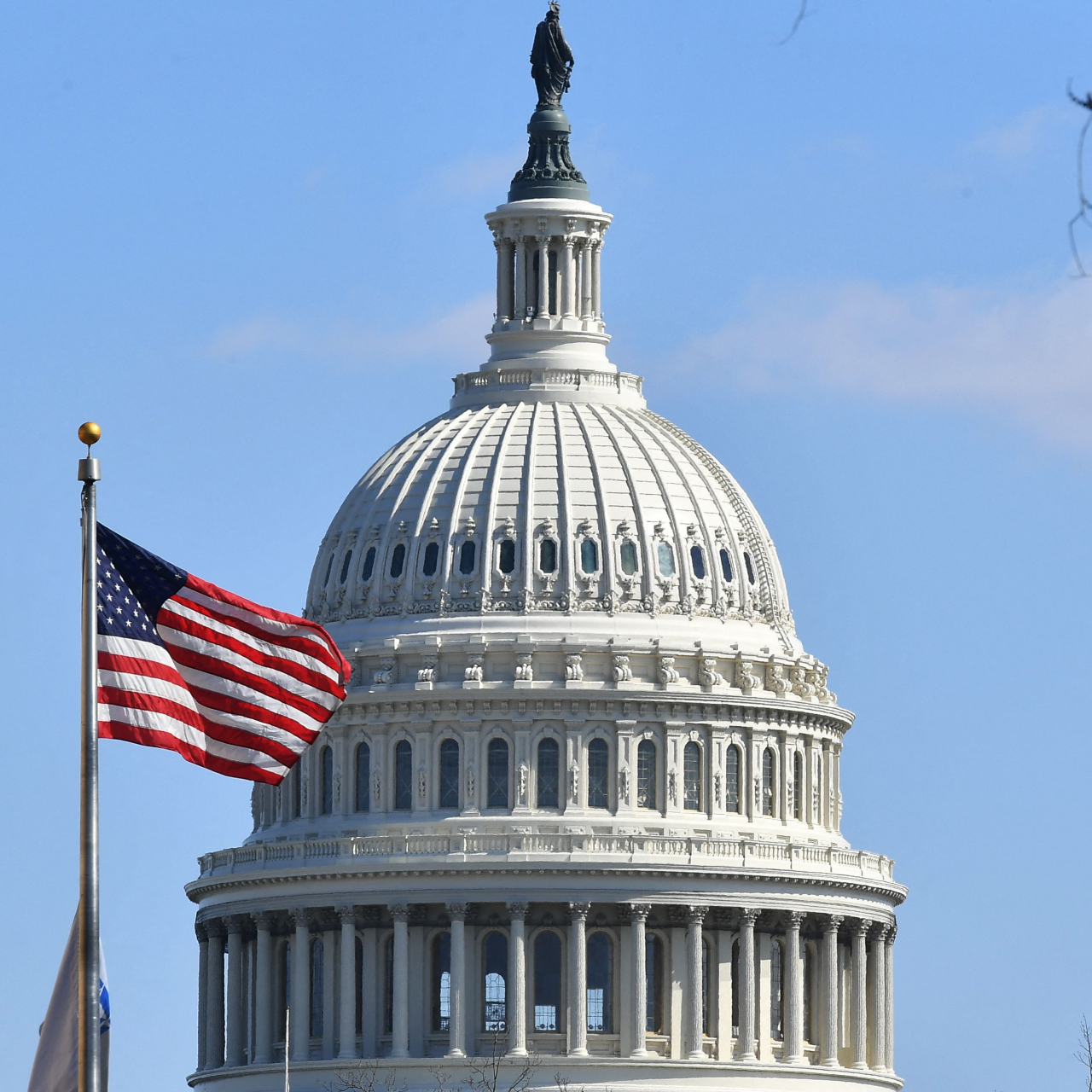 The 2022 Midterm Elections: What to Know Ahead of Election Day
The 2022 Midterm Elections: What to Know Ahead of Election DayConsider this your guide to key races, important dates, and more.
By Rachel Epstein Published
-
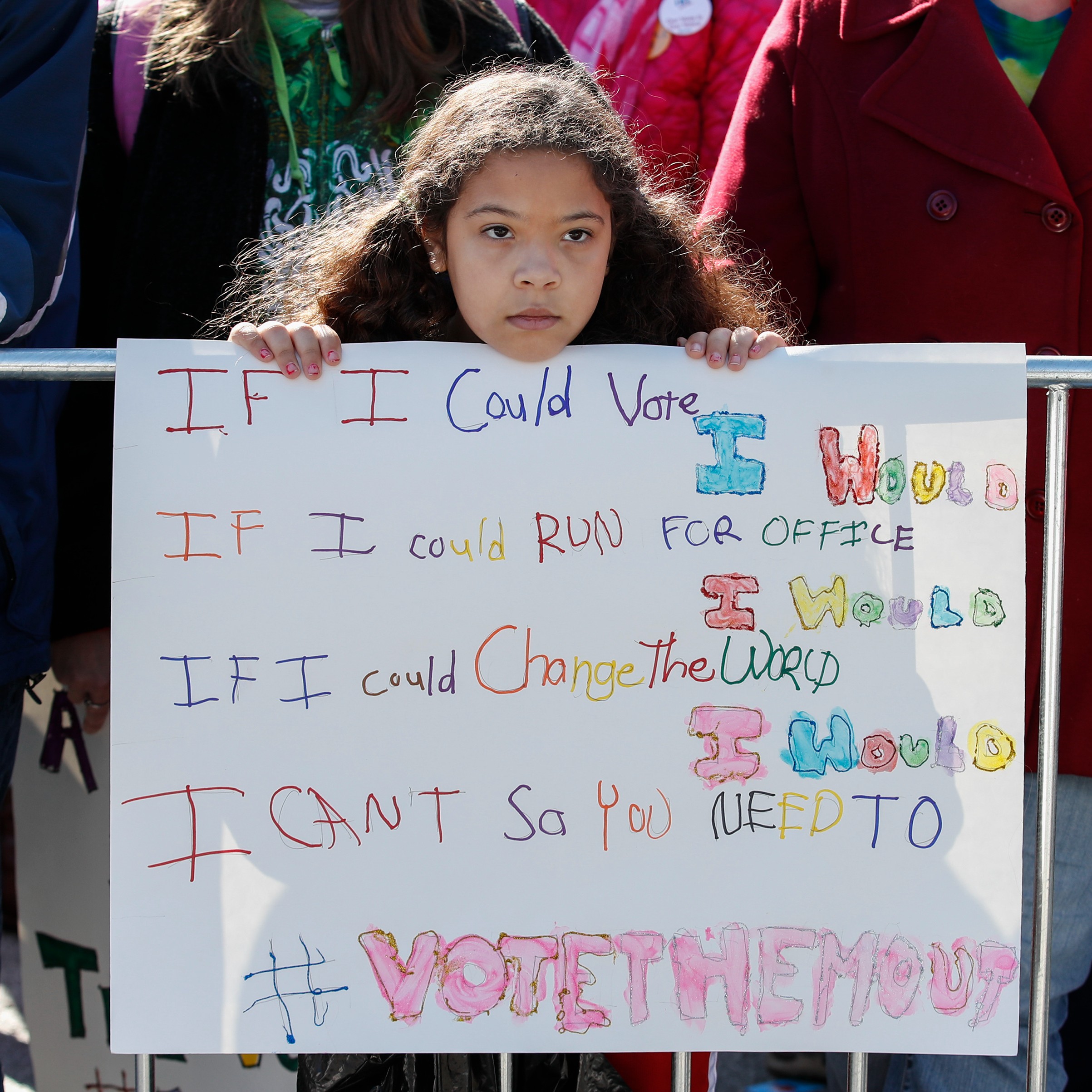 4 Ways Your Rights Are on the Ballot This Election
4 Ways Your Rights Are on the Ballot This ElectionAccording to Vice President Kamala Harris.
By Emily Tisch Sussman Published
-
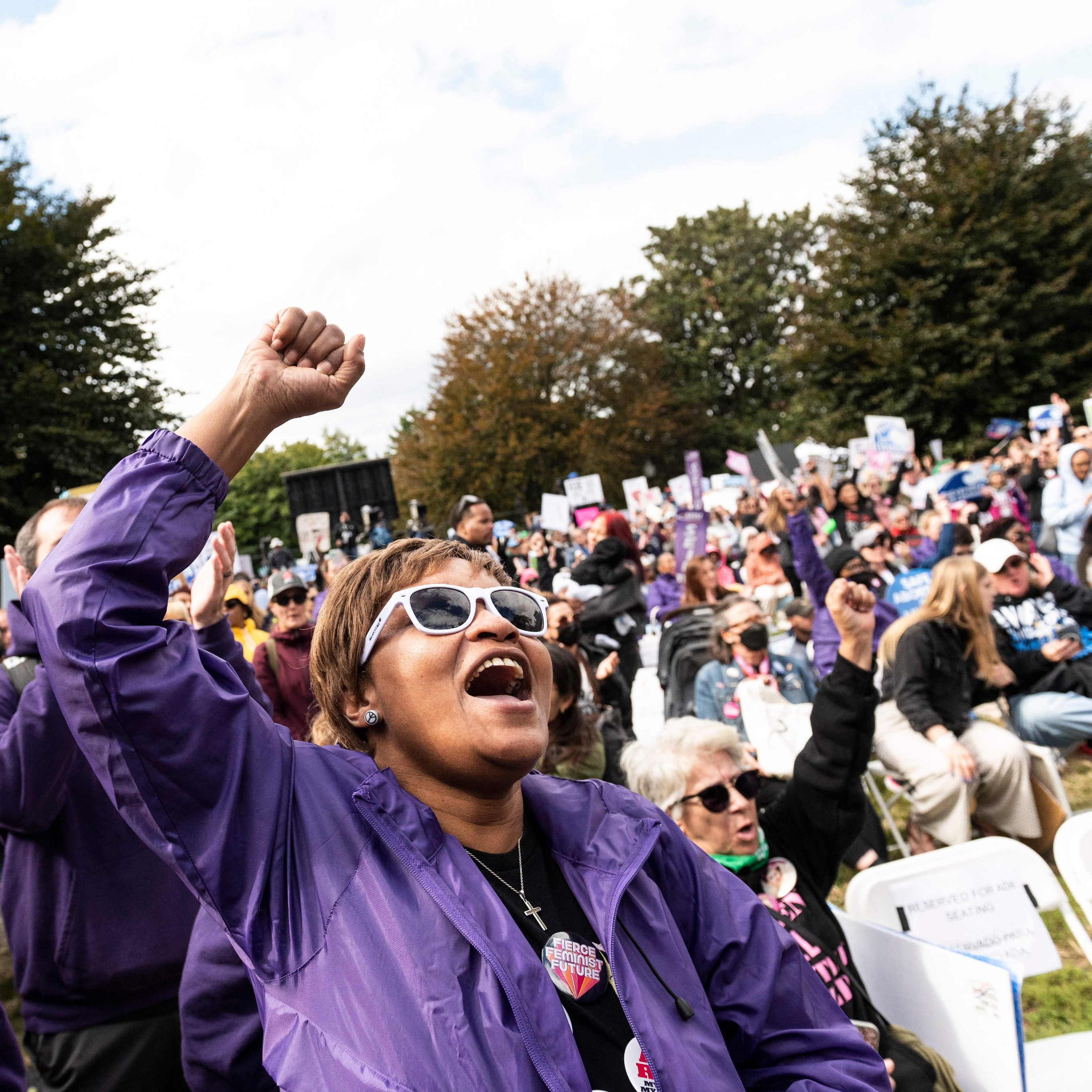 Moms Will Make the Difference in the Midterm Elections
Moms Will Make the Difference in the Midterm ElectionsA plethora of issues impacting women and children will be top of mind for moms as they head to the polls this November.
By Emily Tisch Sussman Last updated
-
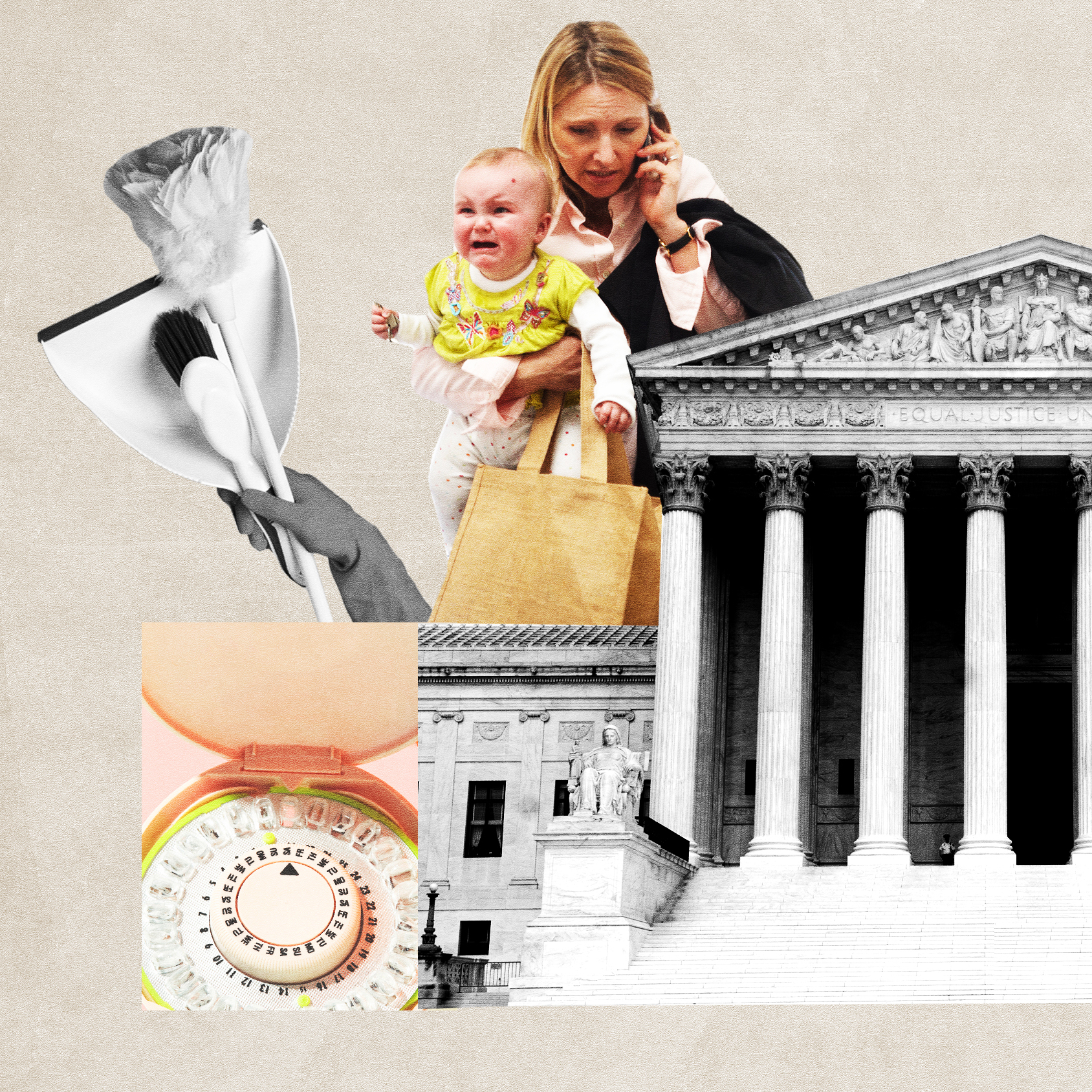 The Secret to Having \201cIt All\201d? A Society That Actually Supports Women
The Secret to Having \201cIt All\201d? A Society That Actually Supports WomenWhen asked how I \201chave it all,\201d I often cite my own hard work. But the truth is I had access to certain rights and privileges that are now under more attack than ever.
By Jo Piazza Published
-
 Why the 2022 Midterm Elections Are So Critical
Why the 2022 Midterm Elections Are So CriticalAs we blaze through a highly charged midterm election season, Swing Left Executive Director Yasmin Radjy highlights rising stars who are fighting for women’s rights.
By Tanya Benedicto Klich Published
-
 Tammy Duckworth: 'I’m Mad as Hell' About the Lack of Federal Action on Gun Safety
Tammy Duckworth: 'I’m Mad as Hell' About the Lack of Federal Action on Gun SafetyThe Illinois Senator won't let the memory of the Highland Park shooting just fade away.
By Sen. Tammy Duckworth Published
-
 This Bill Wants to Stop Anti-Abortion Groups From Getting Your Private Data. Period
This Bill Wants to Stop Anti-Abortion Groups From Getting Your Private Data. PeriodPost-Roe period tracking apps and search history suddenly have serious implications.
By Emily Tisch Sussman Published